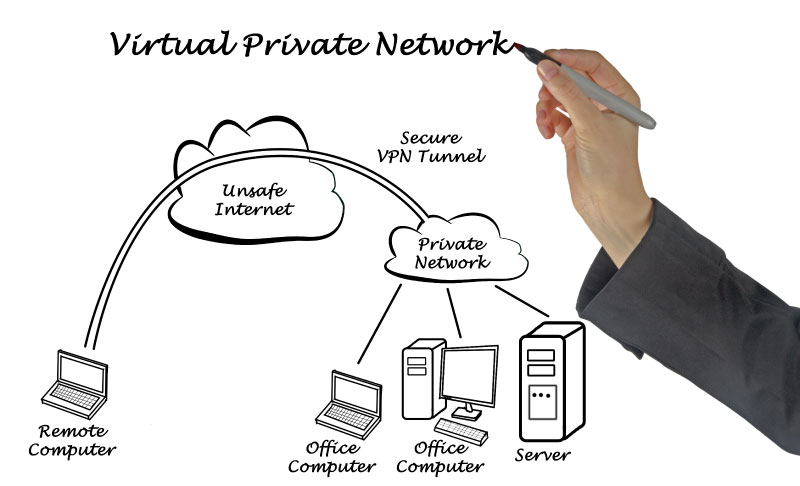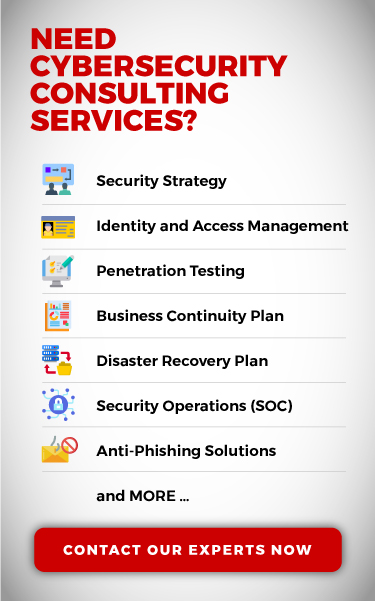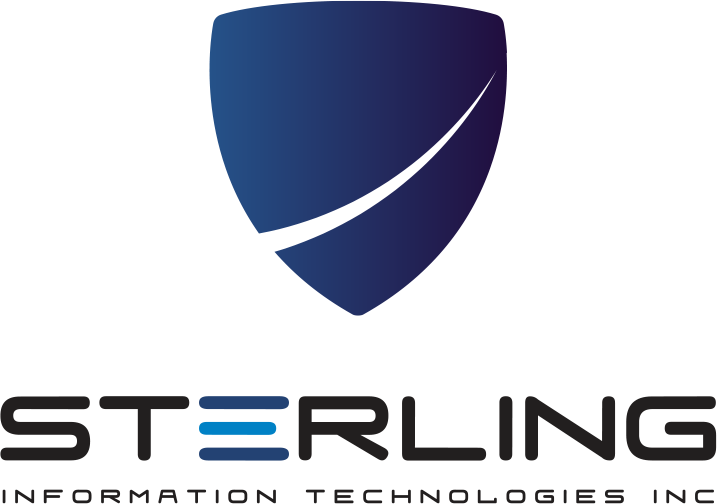Reading Time: 5 minutes
When we talk about network security tools, virtual private network tools are often suggested as the ultimate solution for remote operations. In the last five years, it has emerged as a popular tool used by individuals and businesses alike. But there are certain myths attached to VPNs that are not true, and it is essential to know about them.
If you or your organization are using a virtual private network (VPN) and think it will make your network 100% foolproof from hackers, think again. There is no such thing as an absolutely secure VPN network. It is helpful for various purposes, but no one should be dependent on it as an ultimate network security tool.
| “It has been observed that most of the popular VPN service providers are not upgraded to protect IPv6 traffic.”Research by Queen Mary University |
What is a VPN? – Gary explains
Is Your VPN Safe?
Reputable VPNs are safe to use. But as said earlier, VPNs should not be the only network security tool used to counter cybercriminals at an organizational level. VPNs can endanger data security, especially in countries where the government regulates the use of such tools or a private entity collects them for personal intents. A VPN can also track your activity, especially the ones that free or cheap.
To ensure that your VPN falls under legal clauses and doesn’t steal/sell your data, you should always invest in legal and high-quality software. The same applies to every network security device, tool, and hardware.
Below mentioned are a few common VPN myths that you should know about:
You Should Not Expect 100% Anonymity
VPNs guarantee end-user security for a certain yearly fee. The positive reviews for this software have made everyone believe that it will help in securing online identity. You should understand that there is no such thing as ‘anonymous’ when you are online. There is no way to verify if the service is truly anonymous, as promised by the VPN provider.
The only solution for this problem is to avoid investing in cheap VPNs. If you need a safe and secure VPN, make sure you are investing in the right product.
No Logging Policy
Though VPN security providers claim that they don’t track user activity and behavior, it is not entirely true. The VPN server cannot troubleshoot connections or restrict VPN accounts’ access based on their subscriptions in lack of logs. But this is not the only problem.
You should not trust VPNs that don’t ask for signup and gives you a direct connection facility. VPNs without logins are unreliable servers that can risk your web browsing privacy and responsible for data leaks.
So, while you cannot do anything about log files, you should at least check all the terms and conditions to understand what kind of logs they keep. A cheap VPN will also sell your data and browsing info to third parties, which is harmful. Invest in a high-quality VPN and always check for online reviews. For example, Surfshark’s no-logs policy explains what type of non-sensitive information is collected and why.
Verify privacy
Checking the policy about the VPN’s logs is not the only way to ensure the network’s privacy. Many a time, for the sake of marketing, the VPN providers mention the feature of privacy on their website, but it may not be the case. In general, your IP address, username, operating system, session start, and end timings are a few of the basic data recorded by the VPN.
When you buy a product or a service through a virtual security VPN, some data must be stored to make the purchase possible. So, guaranteeing absolute privacy is kind of impossible when you use a VPN for your day-to-day tasks. If you are putting your personal data out in the open, you should not expect that a VPN or the said website won’t store it somewhere.
A VPN Protects You from Everything Online
A virtual private network is powerful but has its limitations. You should not treat it as the ultimate solution for network security. VPN will not be able to help you in these cases:
- VPN can’t protect you if you give your personal information to scammers as they will access you if you visit malicious websites under the garb of anonymity.
- VPN is not a substitute for antivirus, so you can still face malware and trojan downloads if you click on malicious links.
VPNs used by organizations should train their employees to understand these conditions. VPNs help the best under defense-in-depth methodology, and if it fails, another security tool takes over to counter the hacker attack.
Apart from defense-in-depth and antivirus software, your organization also needs a network security officer. Their expertise includes proper configuration of a virtual secure network which improves privacy. It will help you counter network breaches and prevent incidents from occurring.
Learn Security VPN Configuration and Management with CND v2
Certified Network Defender (CND v2) from EC-Council is a highly acclaimed certification program. The course focuses on transforming network administrators from identifying, protecting, and responding to the threats on the network. CND v2 covers the “Secure VPN Configuration and Management,” where you will learn different techniques to secure its connection.
CND v2 is the first choice for many network and IT admins planning to transition into the role of a network security engineer or an equivalent. The certification is preferred by Fortune 500 companies while hiring a network defense professional. It is a skill-based, lab-centric comprehensive program based on job-task analysis and is also mapped to the NICE framework. The certified network defender will gain real-life experience on network defense, including VPN connection. Their technical prophecy ensures a secure network in your organization.





